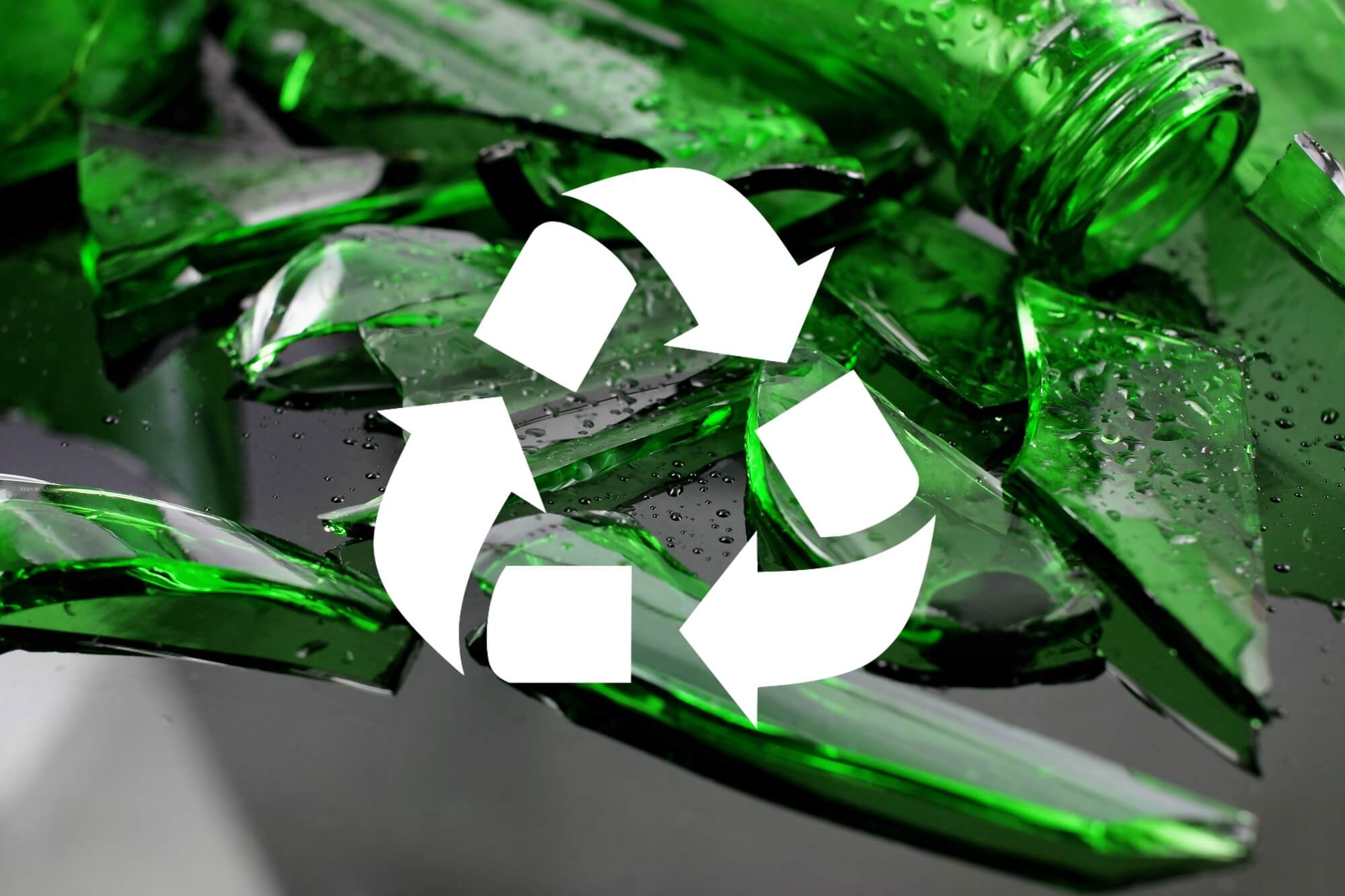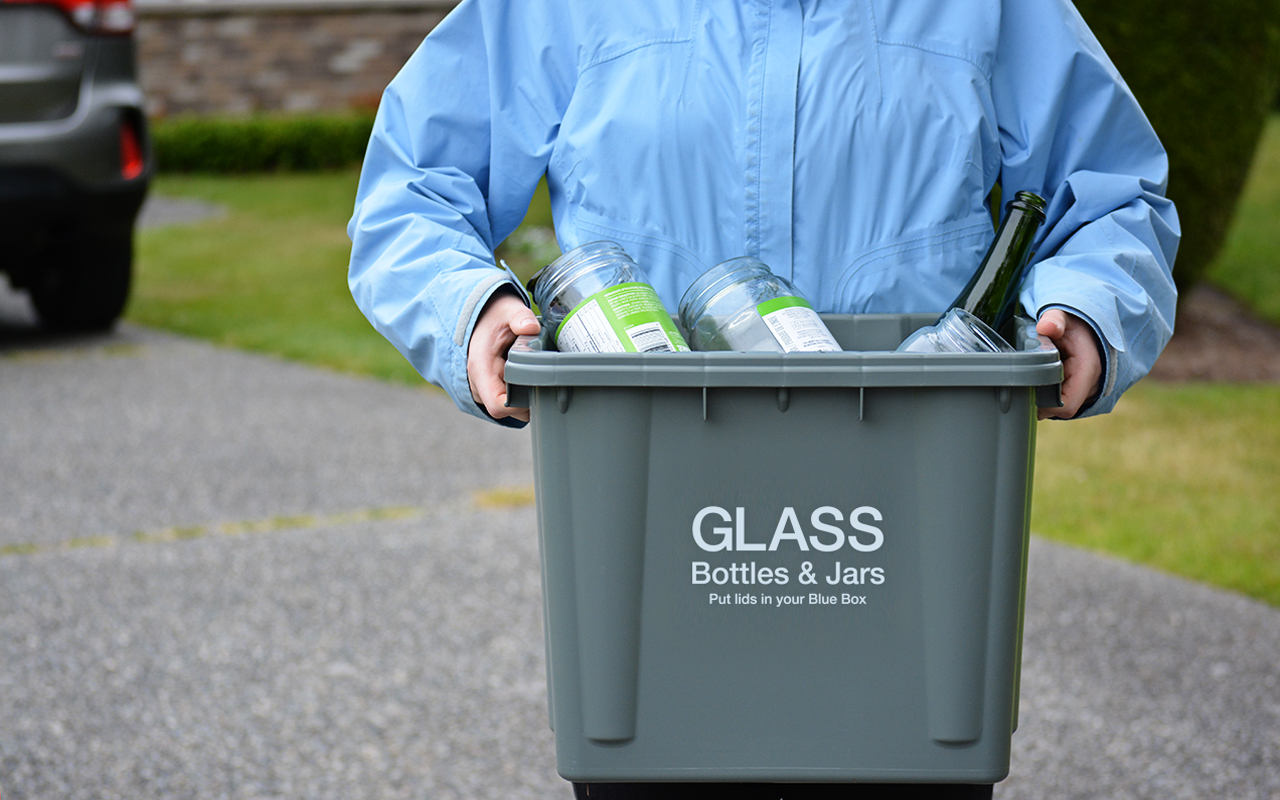Hey everyone! Let’s chat about glass recycling. We all know recycling is good for the planet, but when it comes to glass, it’s a real environmental superstar. Here’s why glass recycling is important and how it’s done.
The Recycling Process: A Step-by-Step Guide
Collection and Transportation: First, glass items are collected. This could be from curbside recycling programs, deposit centers, or recycling facilities.
Sorting: Once the glass arrives at a recycling facility, it’s sorted. This might be by color or by the type of glass because different glass types have different melting points and compositions.
Cleaning: The sorted glass is then cleaned to remove any impurities like food residue, labels, or caps. Clean glass makes better-quality new products.
Crushing and Melting: The clean glass is crushed into small pieces called cullet. This cullet is then melted in a furnace at super high temperatures.
Molding or Forming New Products: The molten glass is then molded or formed into new glass products. It could become bottles, jars, or even materials for building applications.
Why Recycle Glass? The Environmental Benefits
Energy Savings: Melting cullet requires less energy compared to creating glass from raw materials. This means significant energy savings, which is great for the environment.
Reducing Raw Material Usage: Recycling glass reduces the need for raw materials like sand. This not only conserves these resources but also reduces the environmental impact of extracting and processing them.
Lower Greenhouse Gas Emissions: Because recycled glass melting requires less energy, it also leads to lower greenhouse gas emissions. This helps in the fight against climate change.
Infinite Recyclability: Glass is amazing in that it can be recycled endlessly without losing quality or purity. This means we can keep using the same glass materials over and over again.
Reduction in Landfill Waste: By recycling glass, we keep it out of landfills. Glass takes a really long time to decompose, so keeping it out of landfills is super important for reducing environmental impact.
In Conclusion
Recycling glass is a win-win. It saves energy, reduces raw material usage, lowers greenhouse gas emissions, and cuts down on landfill waste. Plus, it’s a process that can keep going indefinitely. Every time you recycle a glass bottle or jar, you’re contributing to a healthier planet. It’s one of those small actions that, when added up, can make a big difference. So, next time you toss a glass jar into the recycling bin, know that you’re doing something good for our Earth!



